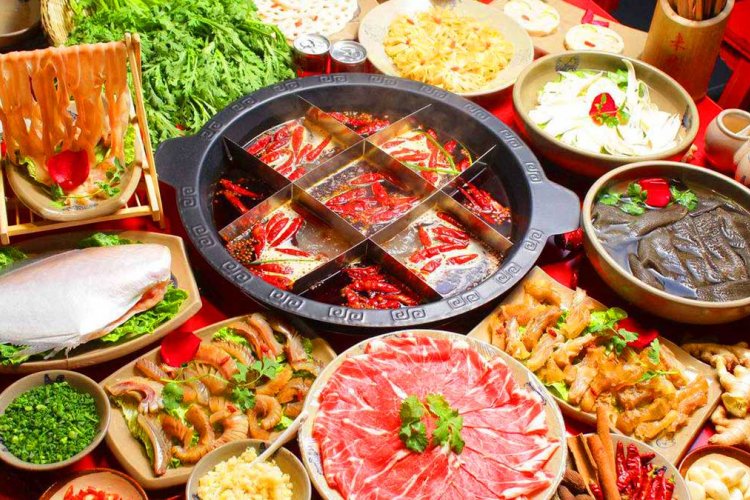Wokipedia: N Is For ...
“Wokipedia” is a regular magazine column in which we introduce aspects of Chinese gastronomy, one letter at a time.
… niunan 牛腩
The closest way to describe niunan is to say it's like beef from the belly of a cow or a piece of brisket. We don’t have a cut quite like this in the West, so there’s no exact English name for it. Rich and flavorful, niunan looks a bit like grafted tofu. Find it in niunan mian (牛腩面), a chewier version of niurou mian (牛肉面), the staple Taiwanese dish of beef noodles.
… nong 浓
You’ve come across it early in the morning, bleary-eyed and looking for a strong, compact dose of caffeine. Nong kafei (浓咖啡) is the term for espresso – essentially “concentrated coffee.” Nong can apply to tea when the leaves are many and the brew turns dark. It can also be used to describe a drink when the bartender has had a liberal hand with the liquor. And if you’re sipping nongtang (浓汤), you'll be reminded of a creamy pumpkin or potato pureed soup rather than a clear chicken broth.
… nuomi 糯米
Nuomi, that sticky, glutinous rice, has endless forms, which, lucky for us, include alcohol (nuomijiu, 糯米酒) and “cake” (nuomigao, 糯米糕). Nuomiqiu (糯米求) (fried rice balls) make appearances everywhere, from dim sum carts to street stands. You can usually find them rolled in sesame seeds, with warm centers of lotus or red bean paste.
… nen 嫩
If you find your meat too tough, try shouting rou bugou nen (肉不够嫩), “This meat is not nen enough.” Nen is the ideal state for cooked meat: tender or delicate. Qing zuo nen yidian (请做嫩一点), “a bit more tender, please” is a kind request to the kitchen for a more succulent slice of sirloin.
Photo: fantong.com






